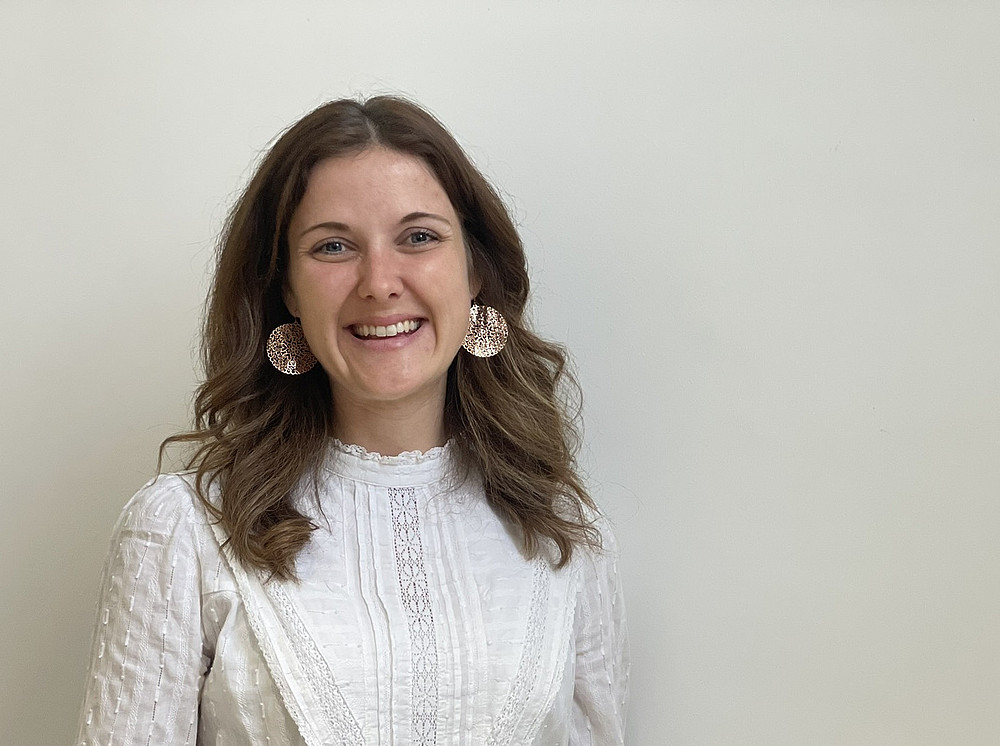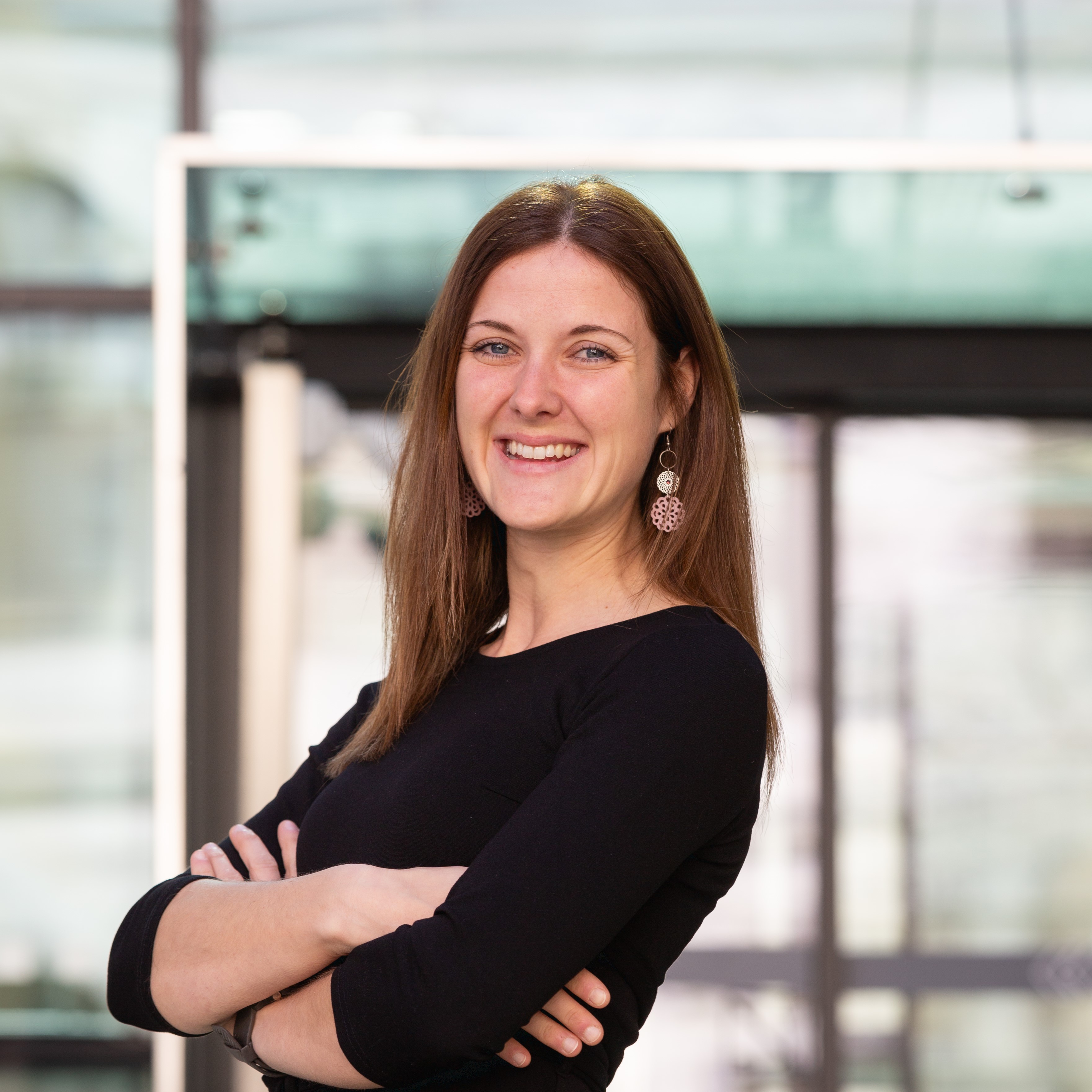Angelika Bernsteiner: "It's great to bring research results directly into the school!"

After completing her third Master's degree, she also completed a dissertation: Didactics expert Angelika Bernsteiner researched how student teachers of science subjects can be prepared to deal with digital media and disinformation in the classroom.
University is in Angelika Bernsteiner's blood. After completing her teacher training in chemistry and biology, she took a job as a teacher at a HLW. She enjoyed teaching, but because she missed university, she completed a Master's degree in applied ethics alongside her job and then another in global studies. "That was a good addition to the natural sciences," says Angelika Bernsteiner. Although she already had her sights set on a dissertation at the time, she didn't think she could do it. Until a trip to South America gave her the necessary distance and time to reflect - and became a turning point. And as luck would have it, the right job was advertised just as she returned. "It was about digital skills in teacher training for mathematics, biology, chemistry and physics. I was immediately very enthusiastic about the interdisciplinary topic." Finding the courage to return to university after five years at school was, as she says, the best decision for her. "Reflective practical school experience provides a good basis for didactic research," emphasizes Angelika Bernsteiner. "This combination of practical experience and research makes it possible to reflect on school practice through a didactic lens on the one hand and to reflect on didactic research through a practical lens on the other." She remained loyal to the school with a half-time teaching commitment.
As part of her research work, she developed a course that dealt with working with microcontrollers on the one hand and dealing with disinformation on the other. "The students should be prepared for teaching in the digital age. And not just for dealing with digital media. They should also be able to address the digital transformation of society in the classroom." The course, which she also implements herself, was very well received by the students. Parts of it will also be incorporated into future courses. "We are currently working on two projects to implement working with microcontrollers and promoting resistance to disinformation with students," says Angelika Bernsteiner.
Another major topic for Angelika Bernsteiner is "science identity", i.e. the extent to which people identify with the natural sciences and consider scientific training and career paths for themselves. She is particularly interested in girls and young women. "Unfortunately, there are many prejudices about science and girls, and girls often don't identify as strongly with science. I would like to address this problem area in the future. Among other things, I would like to research where teachers could start to counteract this in the classroom."
And how is she doing now, after completing her dissertation, with her double job? "It's great to bring research findings directly into the school. Conversely, my students also benefit, as it makes it easier for them to come into contact with the university." She therefore considers subject didactics research to be very relevant to practice. "I can help to ensure that teaching is not based on hearsay or gut feeling, but on evidence."
Angelika Bernsteiner is a member of the "MINT+ for the sustainable development of our society" cluster in the Future Education research network.
